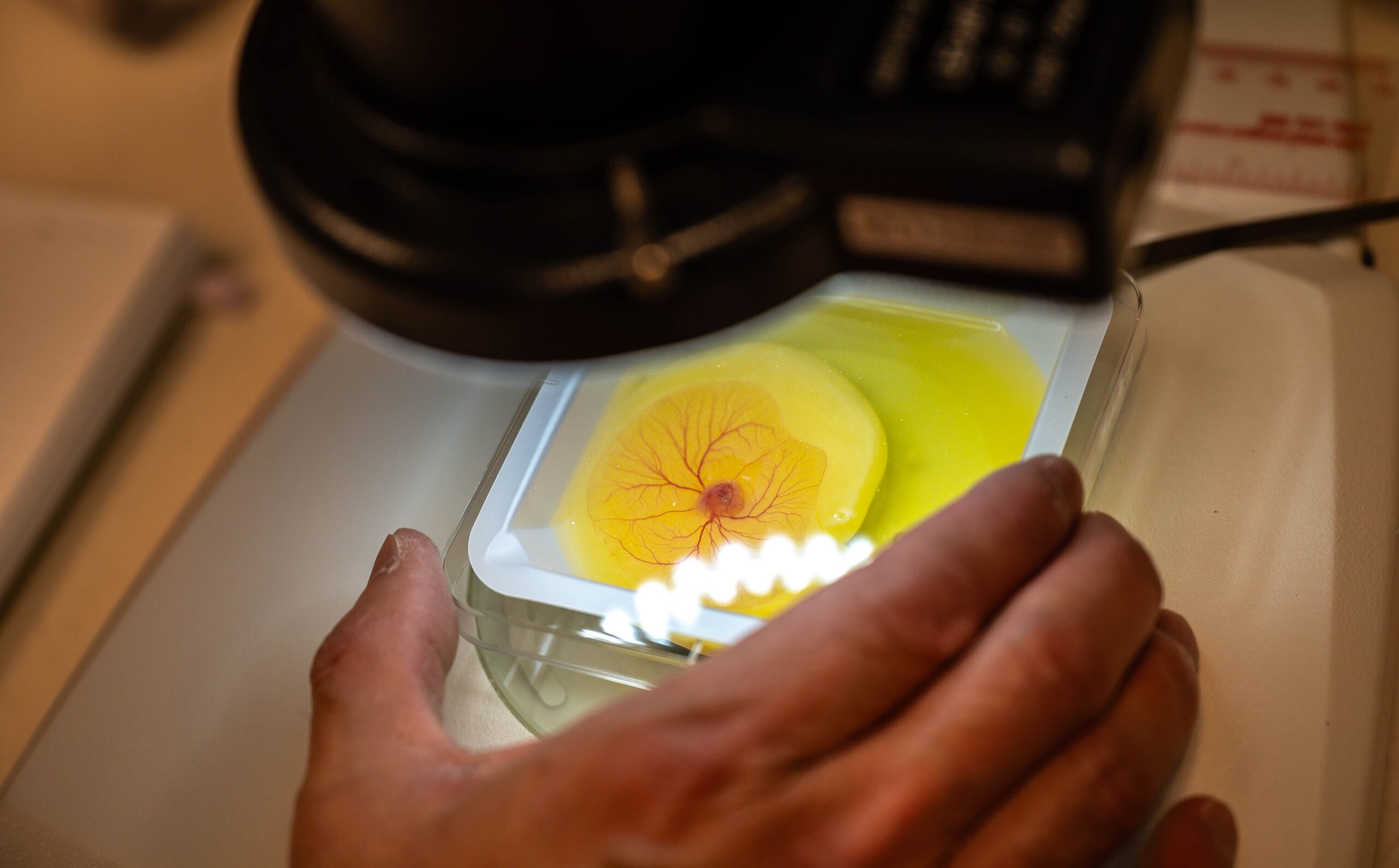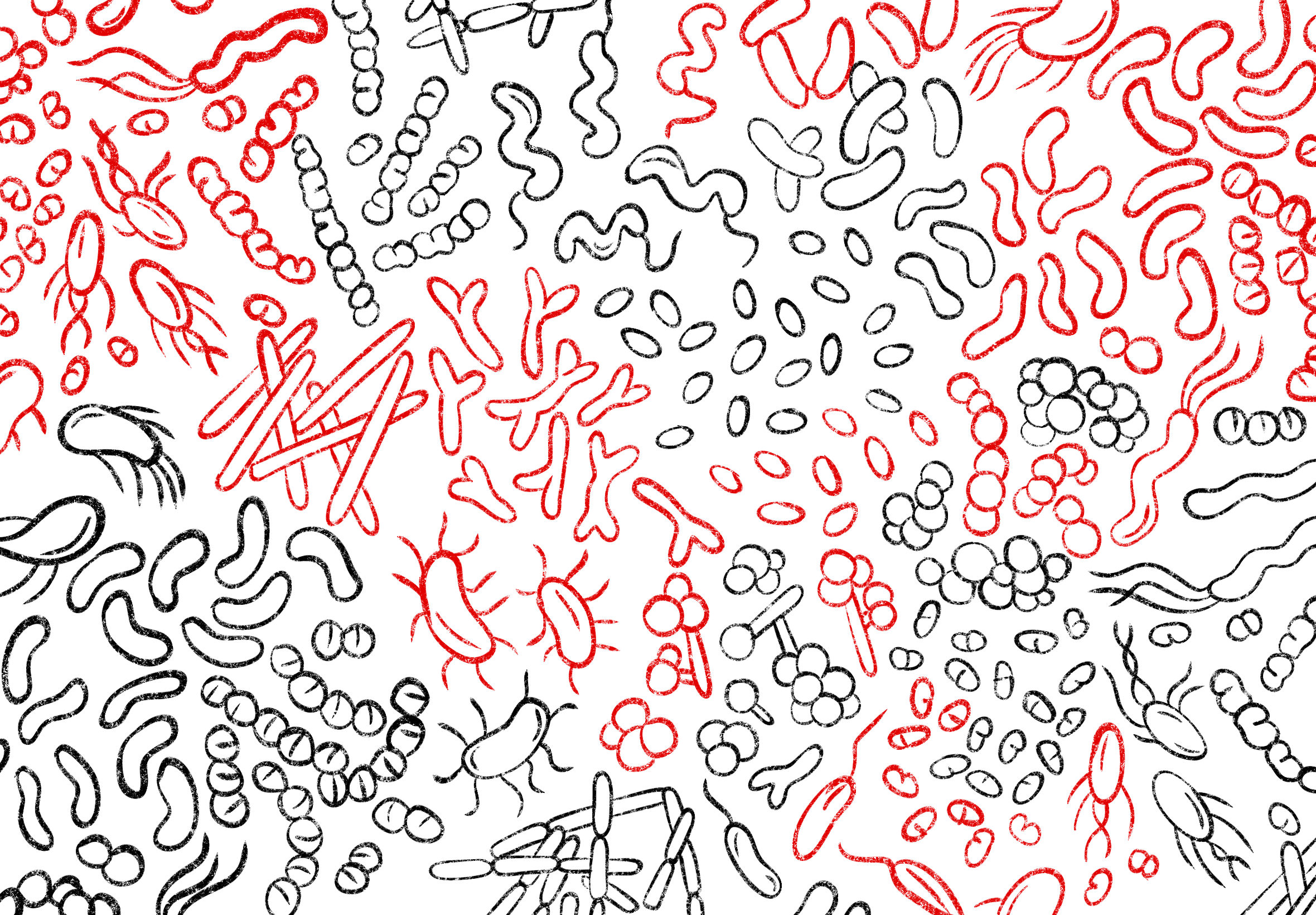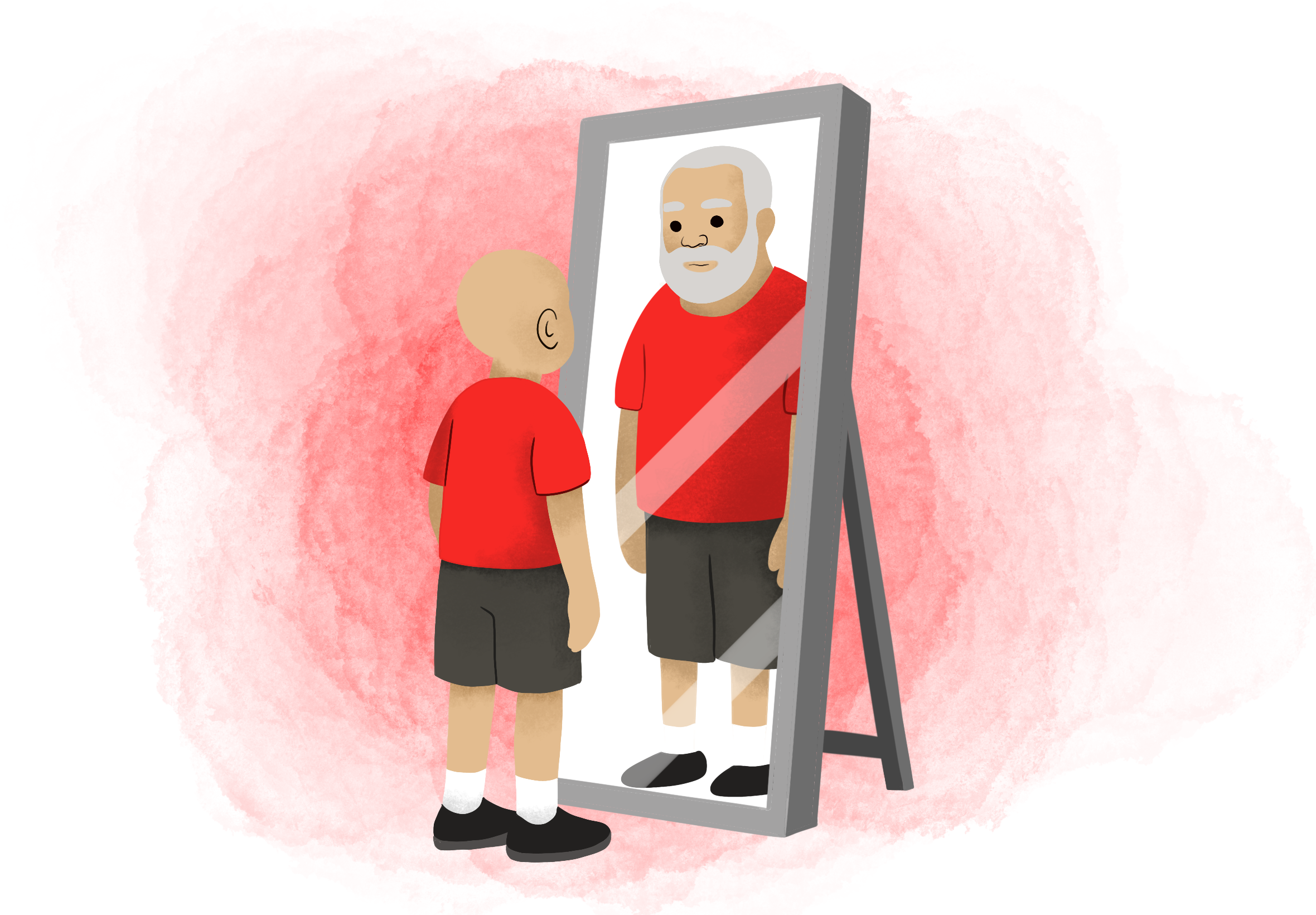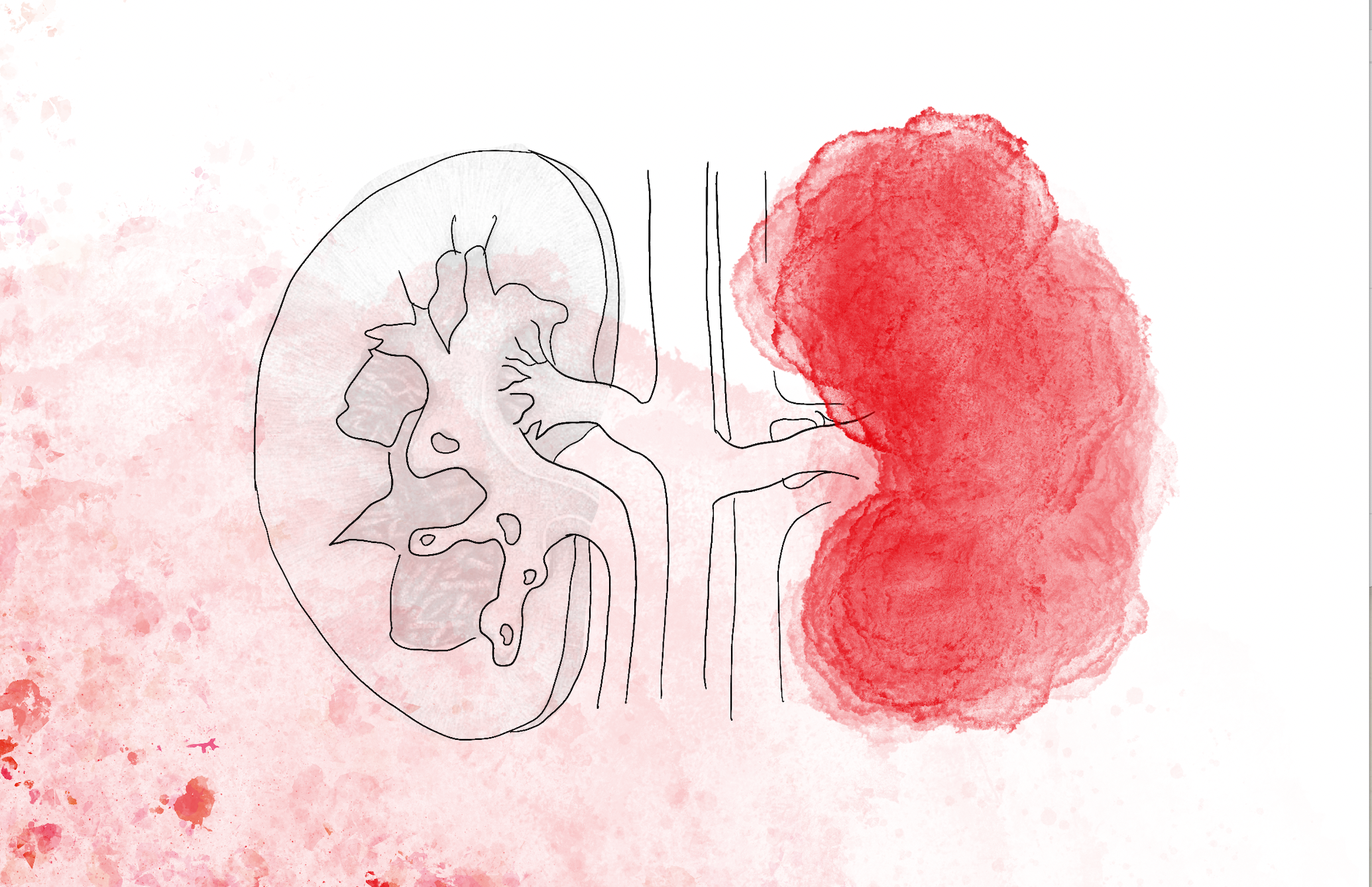News
Cannabis Use is Linked to Increased Mortality in Colon Cancer Patients
Colon cancer patients with a documented history of high cannabis use prior to diagnosis showed dramatic increases in mortality. The study, published in the Annals of Epidemiology on April 28, found that cannabis users were nearly 25 times more likely…
How a Brain-Destroying Protein Became Cancer’s Ally: Alpha-Synuclein Emerges as a New Target in Melanoma
The alpha-synuclein, a protein long associated with Parkinson’s disease may hold the key to melanoma proliferation. The study, published in Science Advances, on 9 April, suggests that while excess alpha-synuclein results in cell death in neurons, conversely, it enables uncontrolled…
CancerWorld #105 (July 2025)
At CancerWorld, we believe the future of oncology is shaped not only by what we discover but by how we care, who we listen to, and what we choose to build. On our dual cover, we feature Suheir Rasul. As…
How a Chicken Egg Model Could Transform Pediatric Cancer Treatment in Canada
A new, innovative pipeline fusing genomics, proteomics and modelling in animals and chicken eggs is pinpointing new treatments for children with rare and relapsed cancers in Canada. Researchers in Canada have used fertilized chicken eggs to grow tumors from children…
Microbiota-Derived Bile Acids as Androgen Receptor Antagonists Enhance Anti-Tumour Immunity
The gut microbiota can transform cholesterol-derived bile acids into metabolites capable of blocking androgen receptors and strengthening anti-cancer immunity. The study, published in Cell, April 15, demonstrates how one of the microbiota-derived secondary bile acids is capable of suppressing tumour…
Strategies Needed to Prioritise Screening in Survivors of Childhood Cancer
Survivors of childhood cancer experience accelerated onset of ageing-related diseases, regardless of prior radiation exposure. The simulation modelling study, published in JAMA Oncology, online March 20, found that chronic health conditions developed 10 to 20 years earlier than expected and…
CancerWorld #104 (June 2025)
At CancerWorld, we don’t just publish science, we publish stories. As Alberto Costa, reminds us: CancerWorld is not about papers, it’s about people. The June, 2025 issue brings that philosophy into sharp focus. On our dual cover, we feature two…
Common Diabetes Medication Could Protect Heart Health During Cancer Treatment
Sodium-glucose cotransporter 2 (SGLT2) inhibitors, a common type of diabetes medication, may protect the heart during and after cancer treatment. The systematic review and meta-analysis, published in European Journal of Preventive Cardiology on 6 March, shows that SGLT2 inhibitors halve…
CancerWorld issue #103 (May, 2025)
What does it take to change the odds in cancer care? Innovation? Yes. But also: persistence. Collaboration. The refusal to accept that some lives matter less because of where they’re born. In this issue of CancerWorld, we focus not just…
Personalised neoantigen vaccine for kidney cancer shows promise in phase 1 study
Personalised neoantigen cancer vaccines (both with and without ipilimumab) elicited anticancer immune responses in nine patients with fully resected clear cell renal cell carcinoma. The investigator-initiated phase 1 trial, published in Nature, February 5 2025, observed no recurrences at a…










